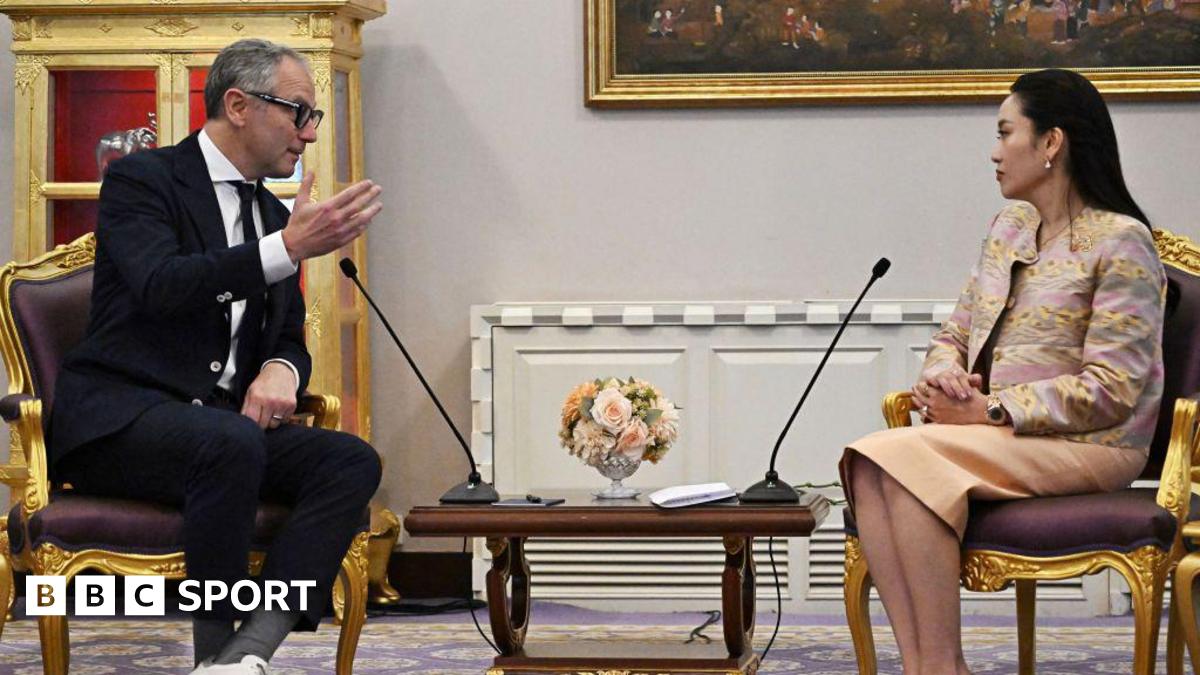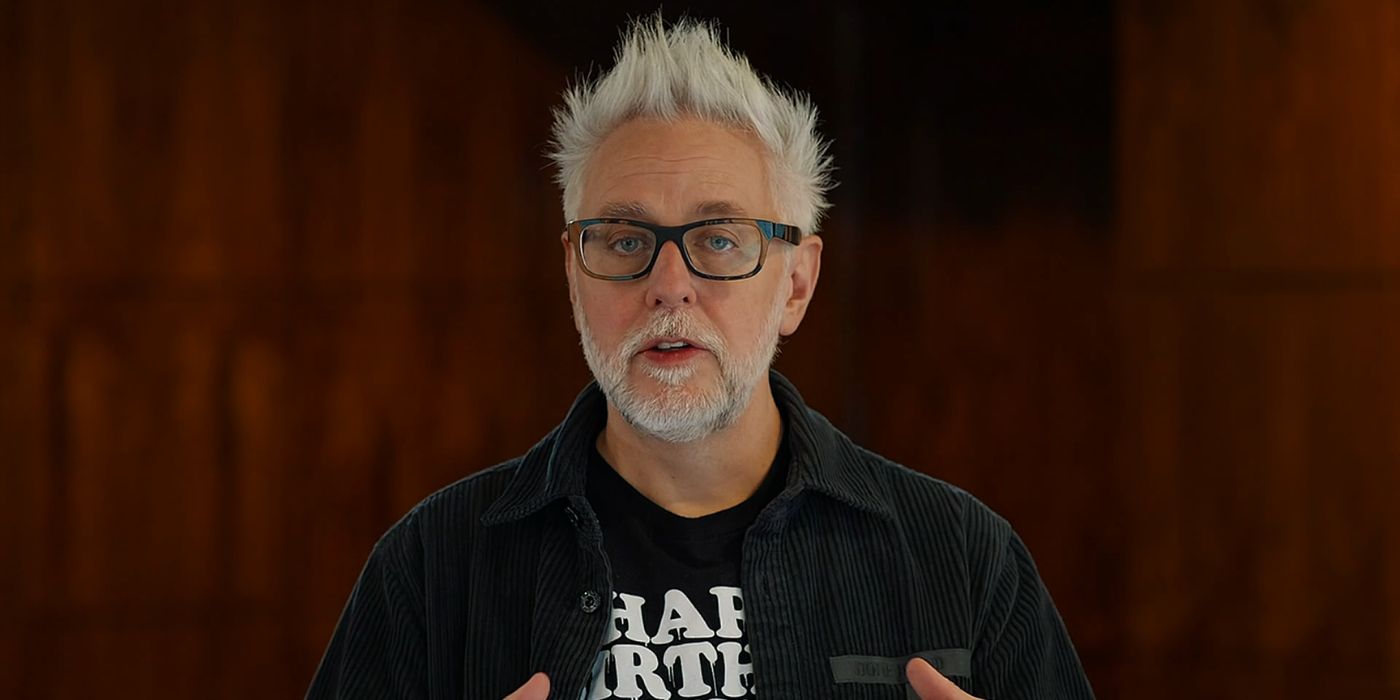The hidden cost of unpaid care work

Caregiving is the invisible cornerstone of our economy—and it’s in crisis. Recent data from Pivotal, an organization founded by Melinda French Gates to advance social progress, reveals staggering statistics:
- 67% of caregivers face personal financial strain due to caregiving responsibilities, often accruing credit card debt.
- 82% of voters agree that policymakers should prioritize investments to ease caregiving for families.
- 65% of caregivers report that caregiving benefits would influence their job decisions.
Unpaid caregivers—those who leave paid work or drastically reduce their hours to care for loved ones—often shoulder immense responsibilities with little to no institutional support. Recent data suggests that 44.58 million caregivers in the U.S. perform the equivalent of an estimated $873.5 billion worth of labor each year. With that much money at stake, this is far more than a personal issue; it’s a structural challenge impacting our economy, workforce, and well-being.
At Catapult Design, we see caregiving as more than a policy challenge; it’s an opportunity for design innovation. By centering on caregivers’ lived experiences, we can design inclusive solutions that ease their burdens and restore dignity to this vital, yet often-invisible labor force.
Unpaid care work, including childcare, elder care, and household management, contributes an estimated $10 trillion annually to the global economy. However, that staggering number isn’t reflected in GDP calculations. Many caregivers, predominantly women, often give up paid employment, career advancement, and financial independence, creating cascading impacts on their mental and physical health—particularly when caregiving responsibilities include supporting individuals with significant health challenges.
This isn’t just a policy issue. It’s a systemic challenge with far-reaching implications for economic stability, workforce resilience, and social equity.
Caregivers need human-centered solutions
At Catapult Design, we believe caregiving requires not only policy reform, but also innovative, systemic solutions. Human-centered design (HCD) offers a way to reimagine caregiving by centering the real needs of caregivers.
HCD is a collaborative, empathetic approach to problem-solving. It prioritizes listening to and learning from the people most impacted—in this case, caregivers. By understanding their lived experiences, we can create practical, inclusive, and scalable solutions that not only address immediate challenges, but also support long-term equity and dignity.
In a recent project, Catapult Design addressed two issues caregiver often face—burnout and financial instability. Through deep engagement and co-creation, we identified solutions ranging from improved operational tools to peer-support networks. Small changes like these had a significant impact, reducing stress and increasing retention. The findings of this project underscore a key principle: Caregivers must be active participants in designing a world that works for them. Their insights are essential to creating systems and tools that reflect their realities and aspirations.
3 ways to address the caregiving crisis
For employers, policymakers, and community leaders, recognizing and supporting caregivers is both an ethical and economic imperative. Insights from our work at Catapult Design highlight three ways HCD can address the caregiving crisis:
- Make caregiving visible. In our projects, we’ve seen how platforms that share caregivers’ stories can help elevate their contributions and shift societal perceptions. Amplifying these voices encourages recognition and investment in support systems.
- Reduce barriers. Our work has shown that even small interventions—like improved scheduling tools or accessible financial support systems—can reduce stress and make caregiving more manageable.
- Foster collaboration. By involving caregivers directly in design processes, we ensure that solutions are tailored to their real needs and have community buy-in, which leads to more sustainable and impactful outcomes.
Moving Forward
Caregiving isn’t just a personal challenge—it’s a societal one, deeply tied to economic stability and equity. By focusing on the real needs of caregivers, HCD can help create innovative, inclusive, and dignified solutions that alleviate burdens and recognize caregiving as a critical component of our economy and society.
We’re actively working on this issue and are eager to collaborate with those who share our vision.
Angela Hariche is CEO of Catapult Design.
What's Your Reaction?
 Like
0
Like
0
 Dislike
0
Dislike
0
 Love
0
Love
0
 Funny
0
Funny
0
 Angry
0
Angry
0
 Sad
0
Sad
0
 Wow
0
Wow
0
























































![The Buccaneers Season 2 Premiere: Leighton Meester Makes Dramatic Entrance as [Spoiler]’s Mother](https://tvline.com/wp-content/uploads/2025/06/The_Buccaneers_Photo_020104.jpg?#)






































